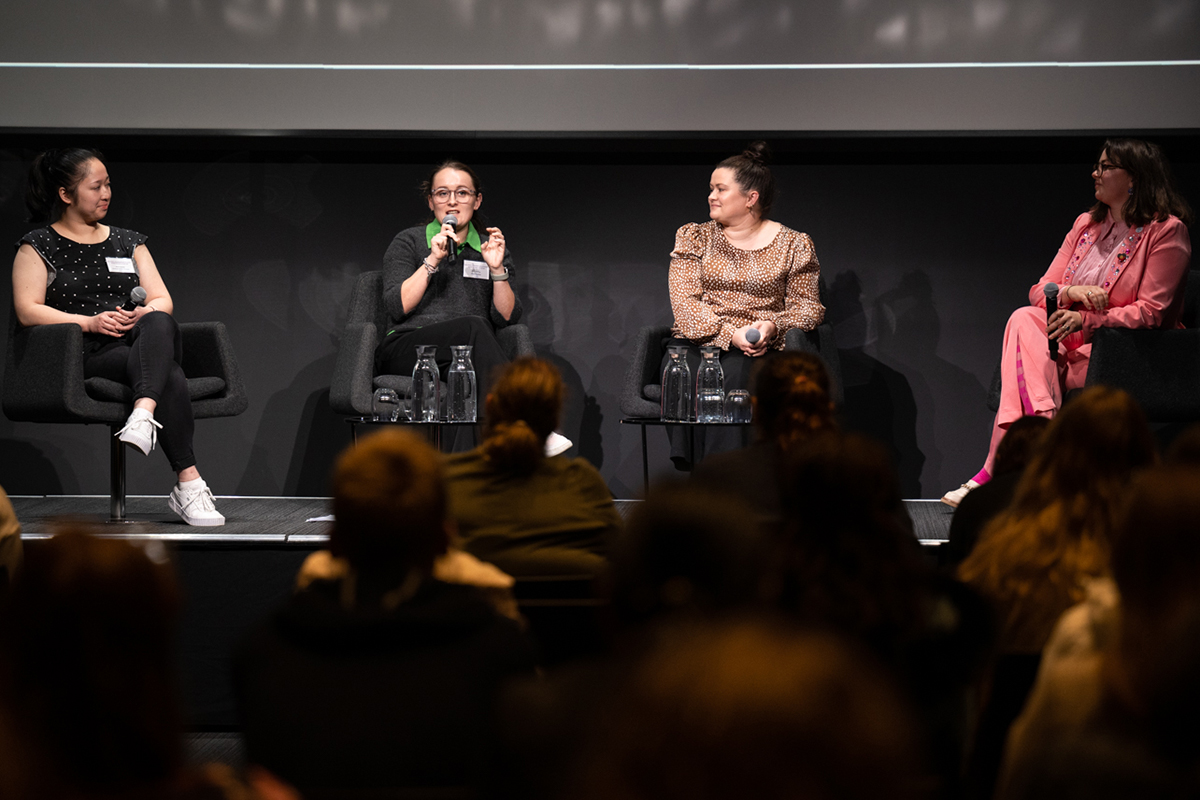
Each year graduate coordinators from Victorian hospitals receive more than a thousand graduate applications.
Many of these are discarded from consideration due to the same errors. Sirini Griffiths, Graduate Nurse Coordinator, Austin Health says they receive well over a thousand applications so incorrect applications are easily eliminated.
Your graduate application and interview are an opportunity to sell yourself, so it’s important to be professional. ANMF asked several graduate coordinators to share the common application mistakes they’ve seen.
1. Lack of research
If you mention you want to work in an area that a hospital doesn’t offer, it will show you’ve done no research. Graduate coordinators want to know why you want to work at their hospital and how you demonstrate that you personify its values. Top tips:
- read the hospital’s website, social media and annual reports to give you an idea about the organisation to see if it aligns with who you are as a nurse or midwife
- attend that hospital’s graduate information sessions to meet staff to answer any questions you have prior to applying and being interviewed
2. Lack of attention to detail
Applications with poor presentation, grammatical errors, spelling mistakes, not submitting requested supplementary documents, or addressed to the wrong coordinator at the wrong hospital will see your application instantly discarded. Top tips:
- don’t copy and paste from one application to another, create a fresh one each time
- finish one application before starting the next one so you don’t mix them up
- ask a trusted friend to proofread your application and check you’ve followed the hospital’s instructions correctly
3. Answering questions poorly
Many discarded applications are ones that claim they satisfy the criteria by regurgitating the question as a list or an “I” statement, but don’t demonstrate that they do. Top tips:
- don’t just write a statement like “I have excellent attention to detail”. Provide examples about how you satisfy the criteria using de-identified real-life scenarios
- use your university’s career service for free assistance with writing job applications and CVs and practice your interview skills. They also have an array of resources for you to use and may also offer workshops
4. Poor presentation
Poor presentation of your application and at interview will be deemed to demonstrate that you are not as professional as the facility would like. Each hospital will have preferences about how they want your application to be formatted, so check the instructions first. Also remember that first impressions are critical. If in doubt, contact them to ask. Top tips:
- watch your layout – fonts, spacing, and margins. Microsoft Word offer professional resume templates you can use or adapt
- use a professional, plain email address (e.g. firstname.surname) that you will have access to after you graduate
- most interviews are conducted via video, so ensure you have good even lighting, use a plain background and record in a soundproof room




